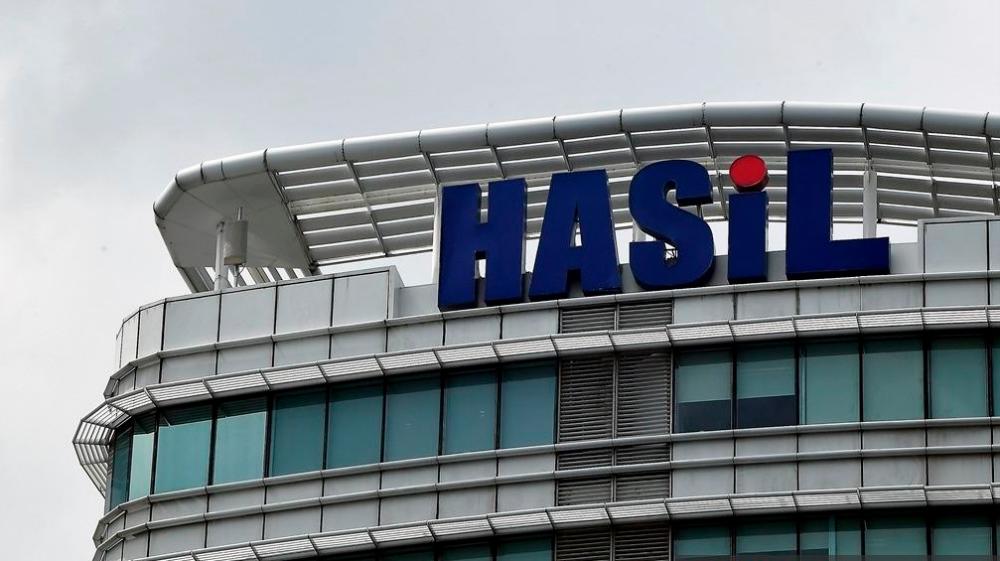THERE are individuals and corporates which do not believe in paying taxes. These entities want to enjoy the benefits without contributing. They are “leeches” living off good taxpayers. The time has come to put the heat on such taxpayers to make them surface voluntarily or force them out of their refuge.
On June 14, 2022, the Inland Revenue Board (IRB) issued a media release stating that it has detected 31,598 entities consisting of individuals, businesses, companies, and others who either have not registered for tax purposes or are underreporting their income. This is based on such entities owning assets or being able to borrow more than RM500,000.
IRB has advised such taxpayers to come forward voluntarily and rectify their transgressions before July 15, 2022. Otherwise, enforcement action in the form of audits, civil investigations and criminal investigations will commence against such tax dodgers.
Does time bar apply?
Normally, if the taxpayer has been filing returns in compliance with the law, IRB has a time limit to raise assessments up to five years after the end of the year in which the tax returns were filed, and up to seven years in the case of transfer pricing matters. For tax dodgers who have not complied with the law or have been underreporting their income, the time bar will not apply, and IRB can go back as long as there is taxable income.
How can IRB find the tax dodgers?
Please do not forget that IRB has a powerful IT system which incorporates artificial intelligence. It can connect various sources of information to discover tax dodgers. Such taxpayers can be identified when they buy properties, cars, jewelleries, use credit cards for lavish spending, or when they receive income as agents, dealers, or distributors. Information is also available when you submit documents for stamping, or from Real Property Gains Tax returns.
The next level of discovery is through the exchange of information from overseas, which includes financial information such as bank accounts, insurance policies and mutual funds through the exchange of information protocol. In future, the exchange of information will go beyond financial information and may include overseas properties. If such taxpayers do not file tax returns in Malaysia, the question that arises is: “How were the overseas assets funded?”
If IRB goes one step further to work together with Bank Negara Malaysia or the Companies Commission of Malaysia (SSM) to extract information on the movements in the bank account, credit card details, or details of the directors of companies, and financials available within the SSM system, the “Pandora’s box” on the tax dodgers will be wide open.
Illegal businesses such as gambling or corruption funds use cash or cryptocurrencies to avoid detection. At some point, these funds will surface using illegal moneychangers or money-laundering mechanisms. At that point, increased vigilance from IRB on fund flows will catch the tax dodgers through AI.
Lastly, the well-tried and tested method of issuing capital statements to suspected individuals with flashy lifestyles that do not reconcile with the amount of tax they pay in Malaysia will reveal whether they have been underdeclaring their taxes.
Is amnesty a good idea?
Amnesty is unfair to the general taxpaying public. Why should the diligent good taxpayers fund the tax dodgers? Tax dodgers should be penalised and it should act as a deterrent without any discrimination.
It is time for the tax entities to voluntarily come forward and settle their past outstanding taxes. The only incentive that can be given to such taxpayers is perhaps a reduction in the penalties for voluntarily coming forward. The tax liabilities should not be reduced.
This article is contributed by Thannees Tax Consulting Services Sdn Bhd managing director SM Thanneermalai (www.thannees.com).










